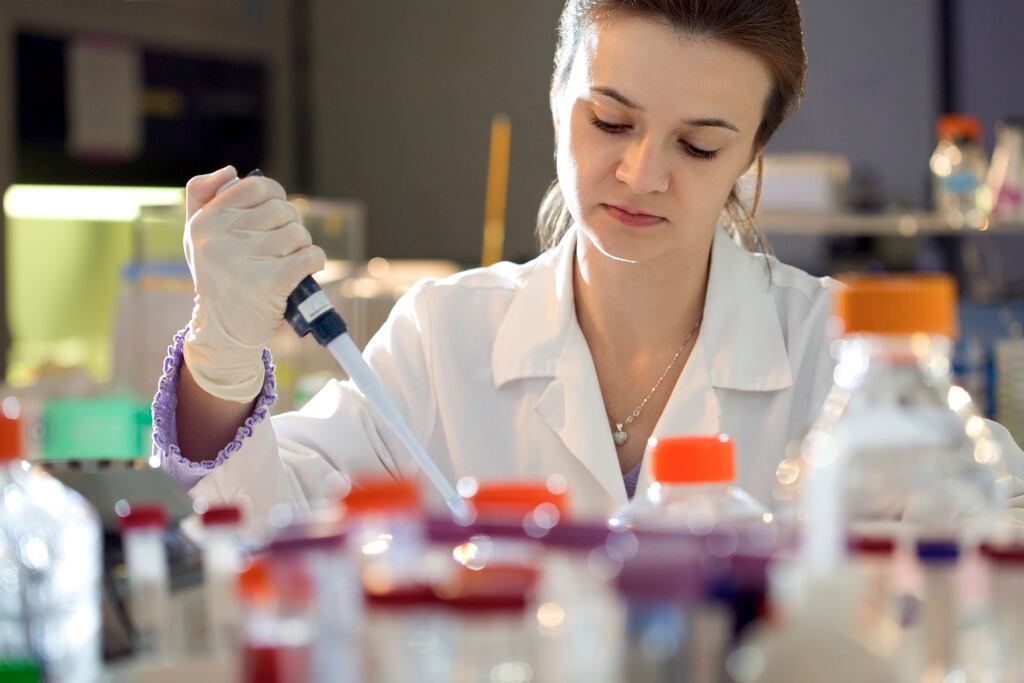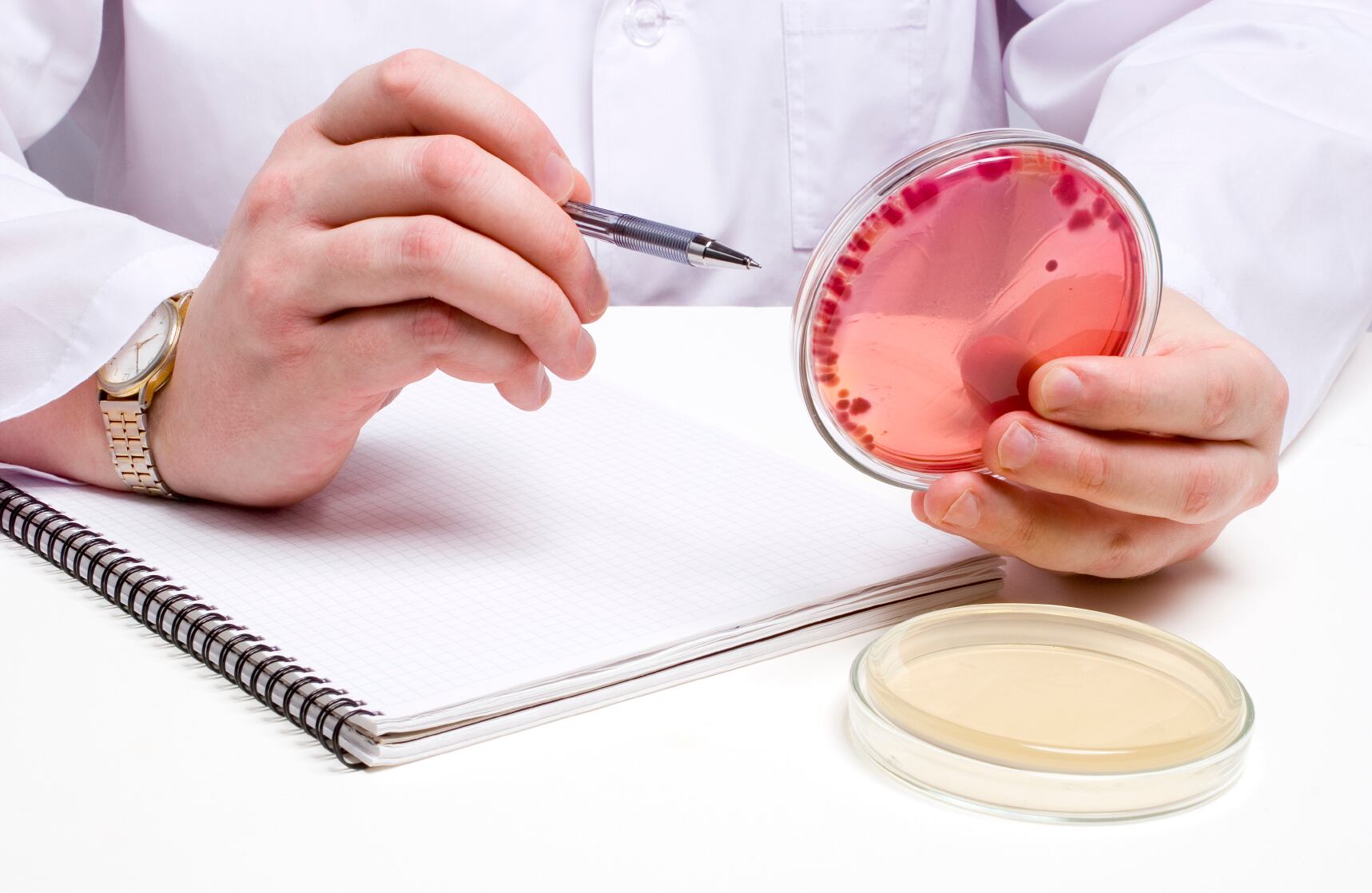When prices increase and margins get squeezed, we see technical teams under pressure to “reduce spend”. This is absolutely the wrong approach. When margins get squeezed, we start to see more issues within the supply base - quality, safety, origin etc.
Corners get cut, contingency supplies used without full due diligence or poor-quality materials accepted into the supply chain. While it would be easy to turn a blind eye -this is where brand and reputational risk is at its highest.
While testing may not “add value” to the bottom line, be under no illusion - it ADDS VALUE. The biggest risk to a business is its reputation, the cost of a recall or brand damage could be huge, and the risks currently continue to increase.
Seizing an opportunity
For fraud to happen there needs to be an opportunity, motivation and rationalization. 9 out of 10 fraudsters have no prior history of fraud (https://acfepublic.s3-us-west-2.amazonaws.com/2020-Report-to-the-Nations.pdf) – most people (8 out of 10 according to the statistics) could be incentivised to commit fraud under the right circumstances.
Where we see global disruption it creates opportunities for fraud, the current economic challenges may present the motivation and a desire to protect employee’s jobs or to fulfil contract may present the rationalisation.
If asked to reduce spend, consider re-targeting spend based on prior test history and current risk. Argue your case to protect the testing spend as integral to protecting the business brand and reputation. In the USA, food recalls cost companies on average $10m (USD) in direct costs alone.
The cost of recalls
In the UK, product recalls cost on average £768,000, estimates in the EU suggest a recall costs 8-10 million Euros. This is just the recall cost. The cost of brand damage and reputational risk is not quantified. Don't forget, if you are not able to demonstrate due diligence, you could be criminally liable for damage or losses.
Why highlight this? Currently with all businesses under financial pressure with increasing input costs, increasing challenges in raw material supply etc there is often a drive to reduce testing and “save money”.
I cannot recall a situation where the environment for fraud (based on the risk metrics) looked so strong. Testing provides a counter to this, not only does it help detect issues, but it is your very best deterrent and therefore brand insurance. If you need help justifying protection or extension of testing budgets at this time, please ask us – we are happy to help.




